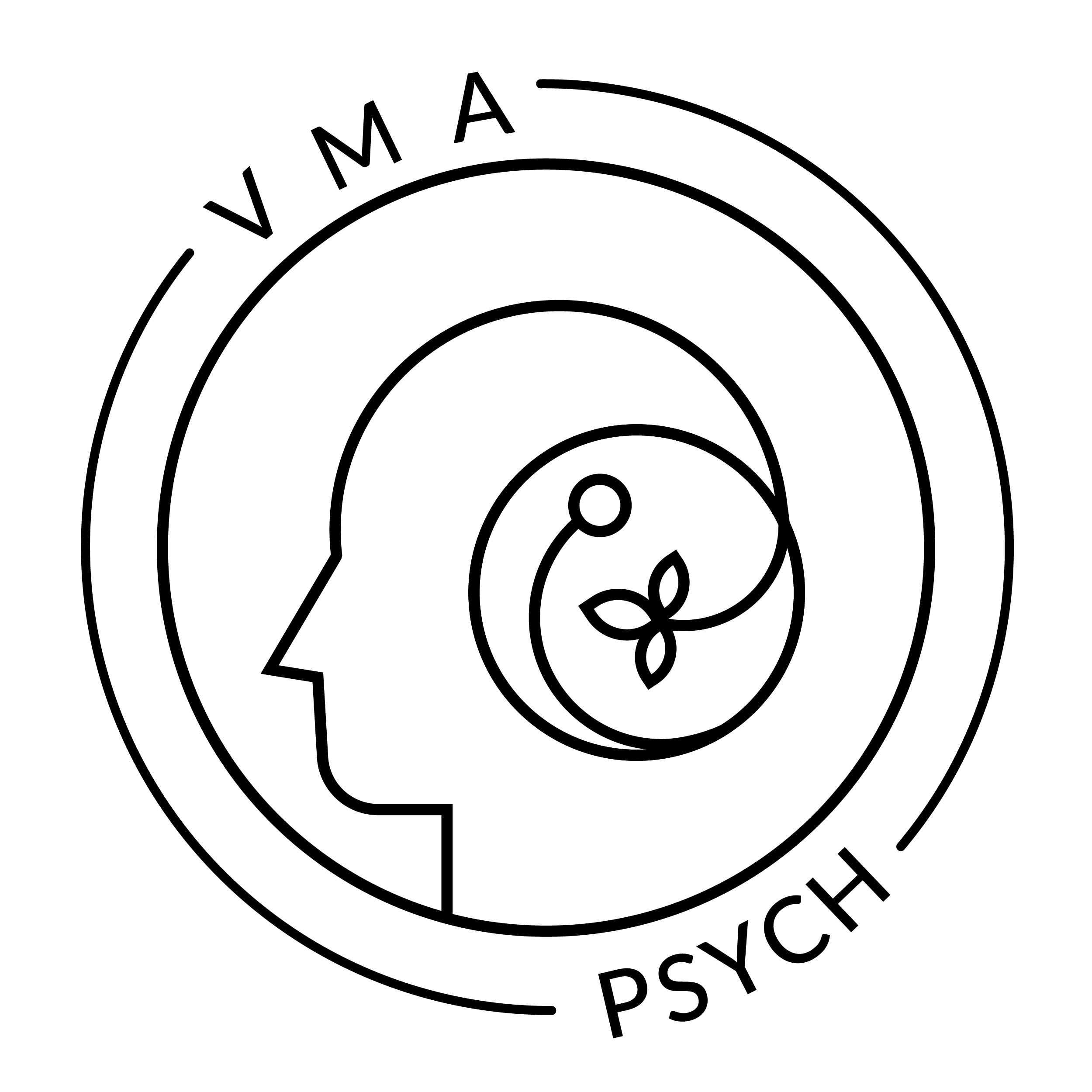
Emotional intelligence (EI) is the ability to understand, manage, and use emotions positively to communicate well, empathize, and handle life’s challenges. Unlike IQ, which measures cognitive abilities, EI focuses on managing our own and others’ emotions. Developing EI can strengthen relationships, improve decision-making, and help manage stress. One effective way to build EI is through self-reflection and journaling, which deepen our understanding of emotions and behaviors. These prompts will guide you in exploring key aspects of emotional intelligence, including self-awareness, empathy, and social skills.
Here are some prompts for journaling to enhance emotional intelligence:
Self-Awareness
What emotions did I feel most strongly today, and what may have triggered them?
What habits or reactions do I notice about myself that I’d like to understand better?
Is there a recurring theme in my feelings or thoughts lately? What might it be telling me?
When do I feel most authentic and comfortable? What am I doing, and who am I with?
Self-Regulation
How did I respond to difficult emotions today? How might I approach them differently next time?
What are a few healthy ways I can manage stress or frustration?
Think of a recent situation where you reacted quickly—how might a pause have helped?
What thoughts or behaviors tend to hold me back when I'm trying to stay calm?
Motivation
What goals or values drive me the most, and how do I feel when I work toward them?
What daily actions help me feel inspired and energized? How can I do more of those?
If I could remove one fear or limiting belief, what might I be able to accomplish?
Who do I admire, and what qualities or habits do they have that I'd like to develop?
Empathy
How did I show empathy toward others today? Was there a time when I could have been more empathetic?
How do I think others see me when I express certain emotions?
What assumptions do I sometimes make about others that could be reexamined?
When have I felt misunderstood by someone, and how did I wish they’d responded?
Social Skills
Did I communicate my needs effectively today? If not, how could I improve next time?
What’s one relationship I’d like to nurture more? What steps can I take?
How comfortable am I with conflict, and what are ways I can handle it with compassion?
When do I feel most connected to others? How can I cultivate more of these moments?
These prompts encourage reflection and help you tune into your feelings, responses, and interpersonal dynamics, building emotional intelligence over time.

Building emotional intelligence is a lifelong journey that benefits every area of our lives, from personal relationships to professional success. Regular journaling offers a powerful way to develop a clearer perspective, helping us respond thoughtfully rather than react impulsively. By taking time to reflect on these prompts, you’re investing in your own emotional growth, setting yourself up for a more connected, resilient, and fulfilling life.
If you’re looking for additional support in your journey towards emotional growth, consider booking a consultation with VMA Psych. Taking the first step toward understanding and improving your emotional intelligence can lead to significant positive changes in your life.
Welcome to VMA Psych.
Your trusted provider of exceptional mental health services in the GTA & beyond. Learn More
With 40+ years as Toronto's leading psychologists, we guide individuals through life's complexities, offering specialized services for a brighter future.





















